1. Denial. It’s been tough, but looks like we made it!” Really? Take a look around. Have you taken
any time to think about the future and what it might contain? What contingency plans do you have if your situation suddenly goes very wrong? Bankruptcy is never a first choice, but it may be the only choice if you fail to plan.
2. Liabilities exceed assets. “We’ve got a lot more debt, but we can manage it as long as the payments don’t go up and our credit lines remain untouched.” Really? How many consumers have been forced into bankruptcy because of these very events? And it gets worse! Wells Fargo has a policy of freezing customer accounts as soon as a bankruptcy is filed. This creates its own havoc and hardship that a little advance planning could avoid.
3. Expenses exceed income. Do you really know what your income and expenses are? How much have you had to subsidize your business each year for the last few years with personal savings, (401k) withdrawals, or credit card advances? It may be way past time to make some tough decisions.
4. Profits are non-existent. Is there room in your operating budget for reserves or expansion of the business? Part of the way to avoid denying that there will ever be a problem is planning for one to happen. Sudden disasters cannot always be anticipated, but you can plan for them.
5. Ignoring past mistakes. Remember, this is not about blame; it is about taking the blinders off and looking into reality. Only by looking backward can you tell what needs to change in order to succeed going forward. Believe it or not, a bankruptcy lawyer Port St Lucie can help you avoid bankruptcy, by helping you fix some mistakes that you are making now. At the very worst, you can see what the effects of a bankruptcy would be, or find out what hurts and what helps.


